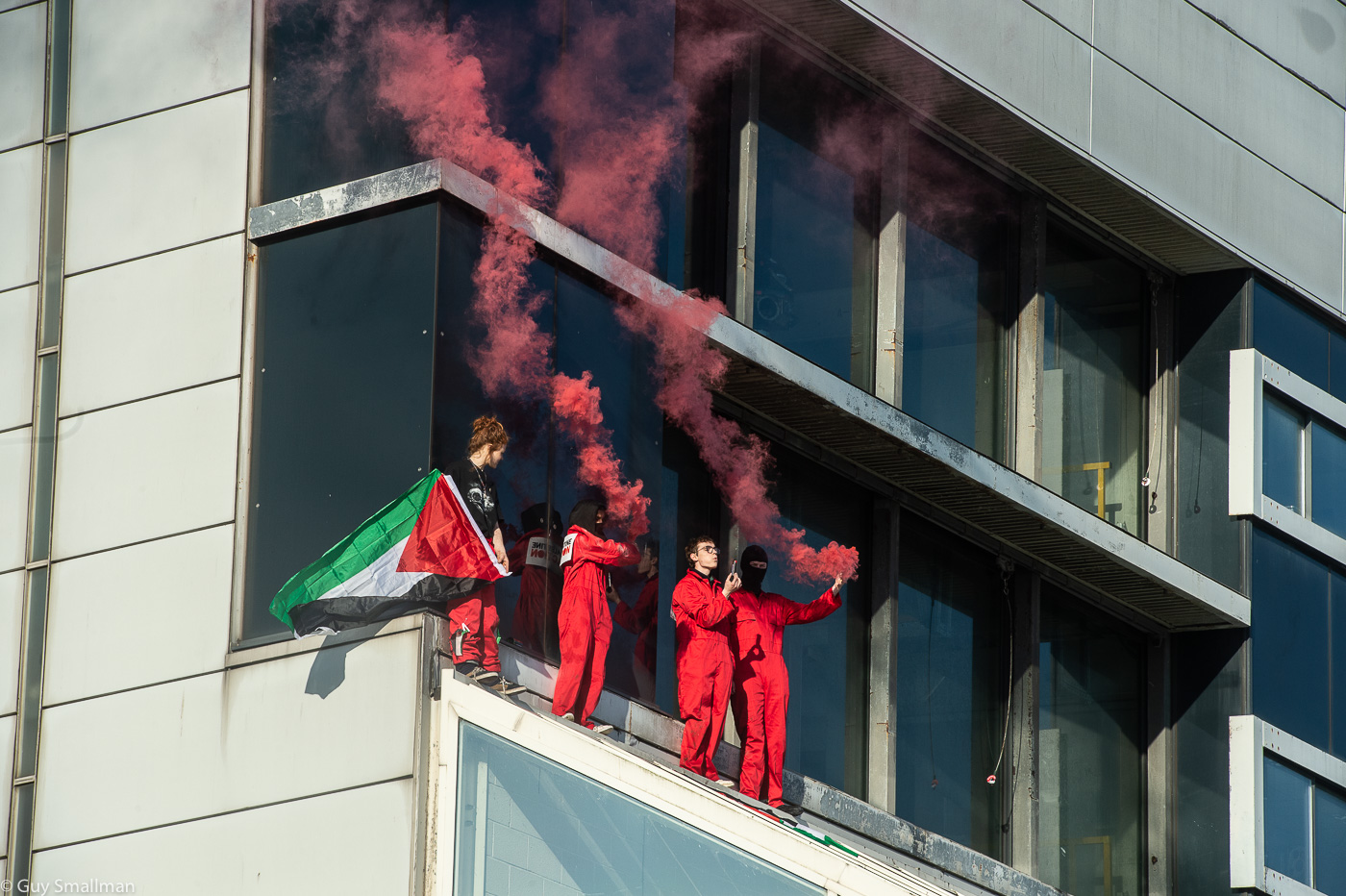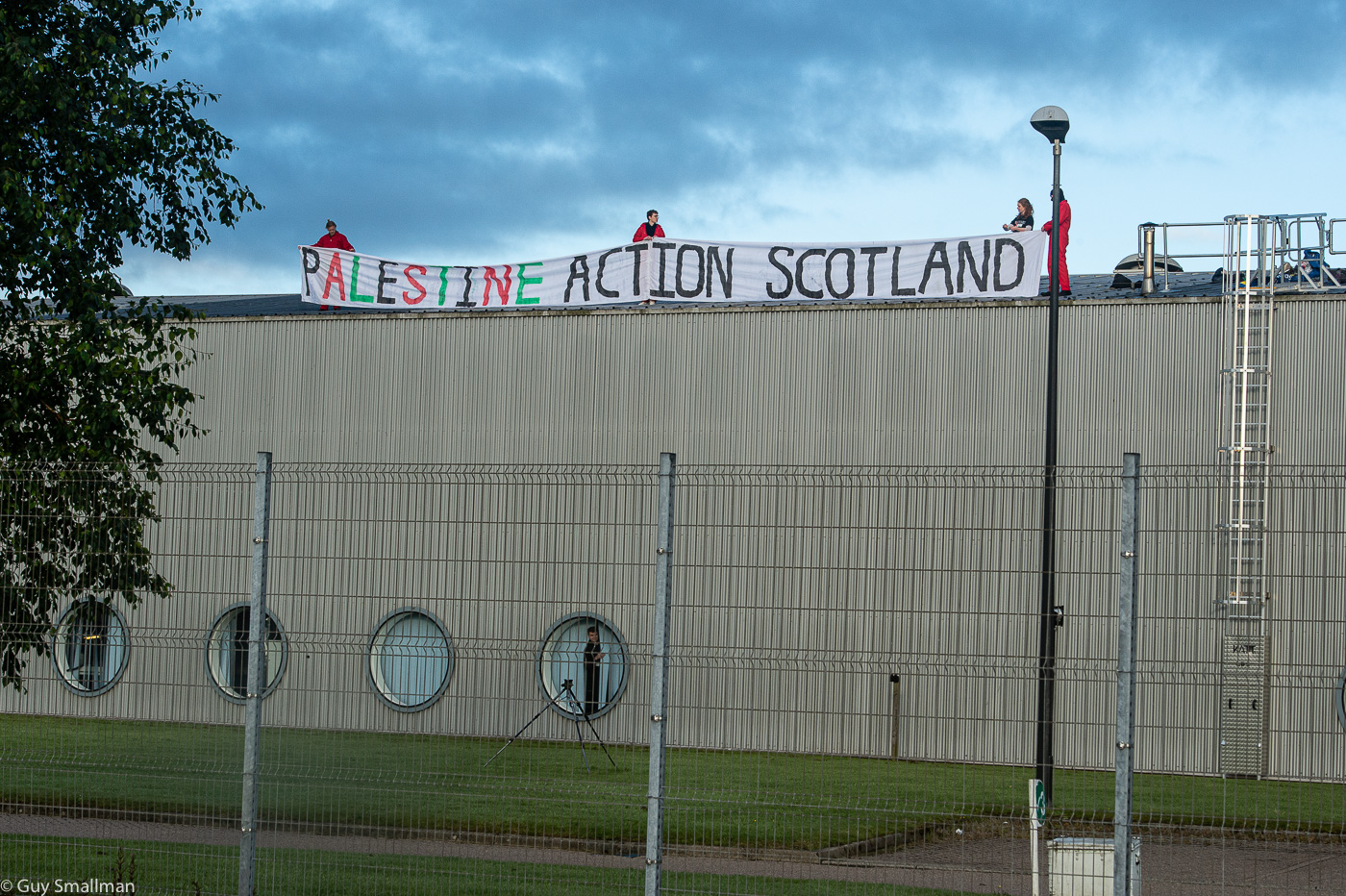'Youth do not see a future except to try to leave,' says deputy head of UN Support Mission in Libya, adding that it is 'not acceptable'
AA

File photo
The deputy head of the UN Support Mission in Libya (UNSMIL), Stephanie Koury, on Tuesday issued a warning about the "rapidly" deteriorating situation in Libya over the past two months, saying "unilateral" actions have exacerbated tensions in the country.
Koury, who is currently acting UN envoy for Libya following Abdoulaye Bathily's resignation in April, briefed the UN Security Council on the situation in Libya.
"Over the past two months, the situation in Libya has deteriorated quite rapidly in terms of political, economic and security stability. Unilateral acts by Libyan political, military and security actors have increased tensions, further entrenched institutional and political divisions and complicated efforts for a negotiated solution," Koury told Security Council members.
She lauded the Libyan people's efforts to "move ahead" and said there is "a revived engagement of political parties, trade unions, civil society, independent figures, and others to coordinate and proactively advance constructive ideas for shaping the political process."
She also noted UNSMIL's efforts to help develop confidence-building measures to prevent unilateral actions and create a conducive environment for resuming the political process.
Emphasizing the Libyans' frustration with the status quo, expressing fear of war and clashes, Koury said: "Youth do not see a future except to try to leave."
"This is unacceptable," she stressed.
Libyan Ambassador to the UN Taher Al-Sunni criticized the UN Security Council for its lack of practical solutions and asked: "Who among us is responsible for protecting international peace and security?"
Emphasizing the need for free, transparent, and inclusive elections, as well as the establishment of a roadmap for the political process, the Libyan envoy said: "The international community has never allowed the Libyan people to take the reins of the process that actually will determine their fate."
He expressed Libya's determination to "cleanse" itself of foreign interference, saying, "The Libyan people want to be masters of their own destiny, and they refuse all foreign interference in Libyan affairs."
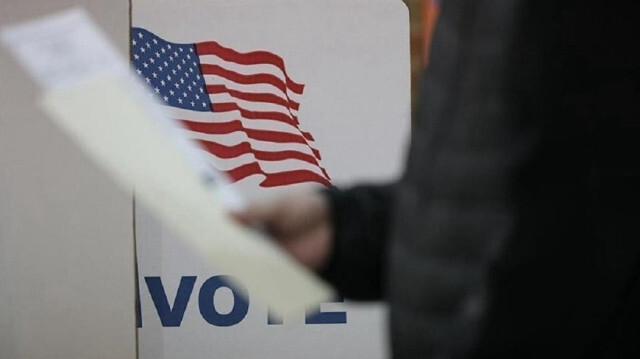

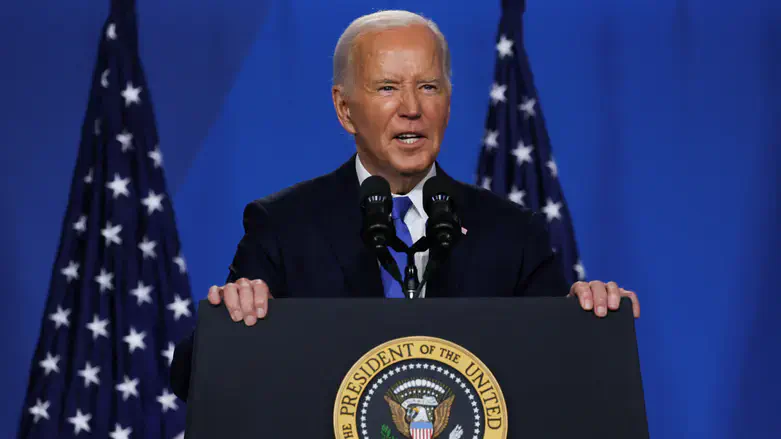

 IPP prisoner Yusuf Ali, now 50, has been driven to hunger strike as he loses hope of ever being freed (Jacqueline Ali )
IPP prisoner Yusuf Ali, now 50, has been driven to hunger strike as he loses hope of ever being freed (Jacqueline Ali )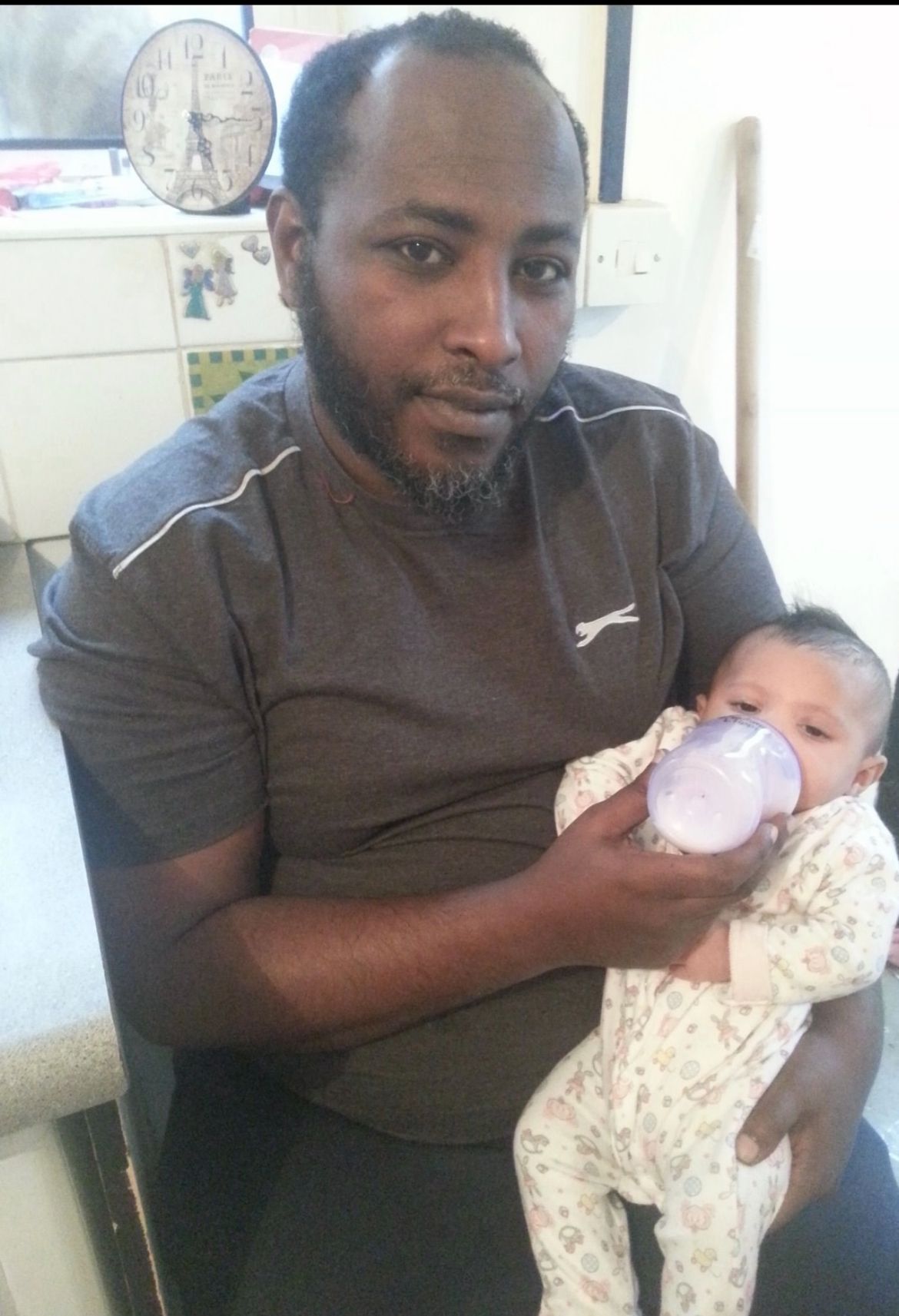
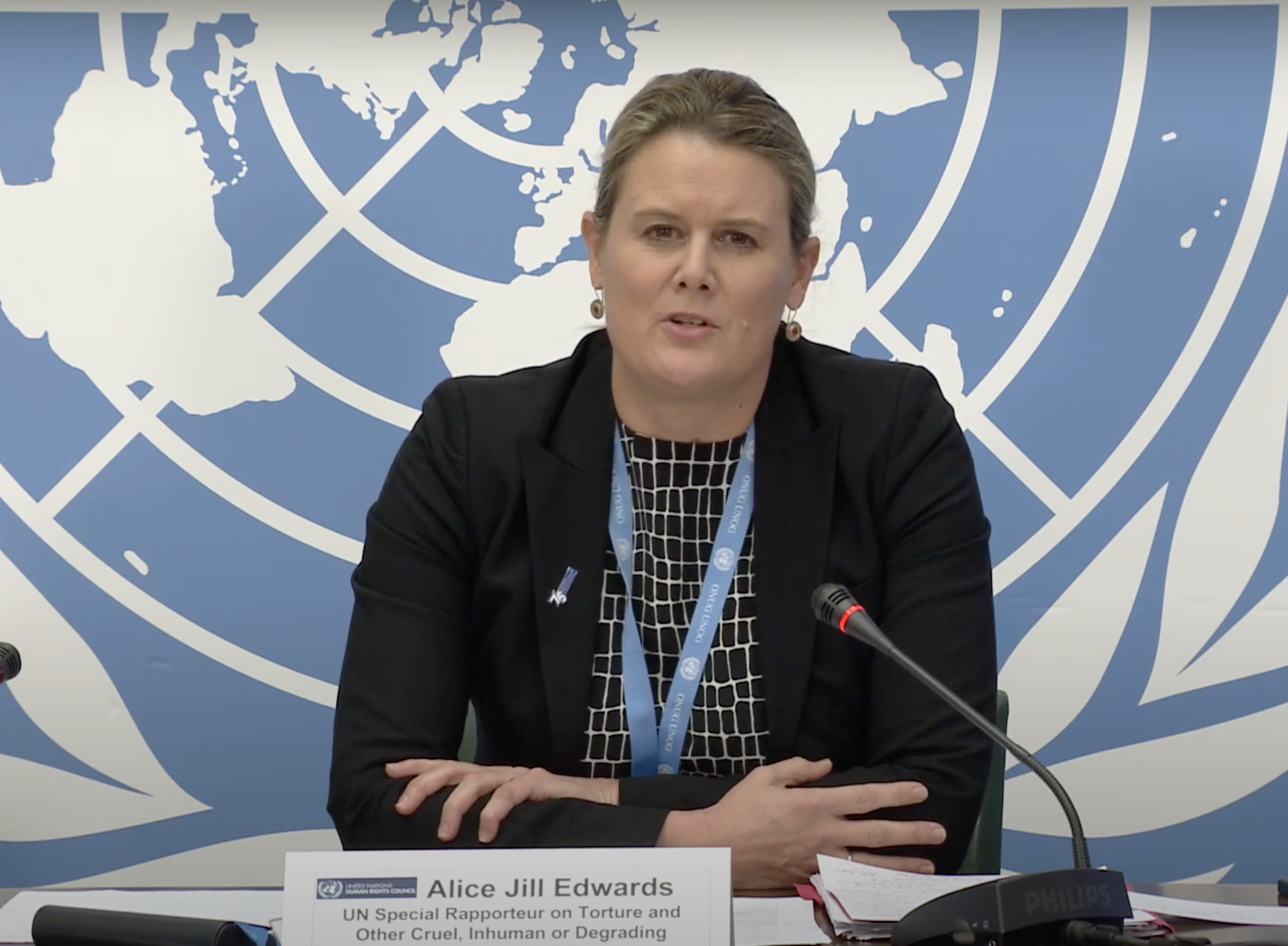


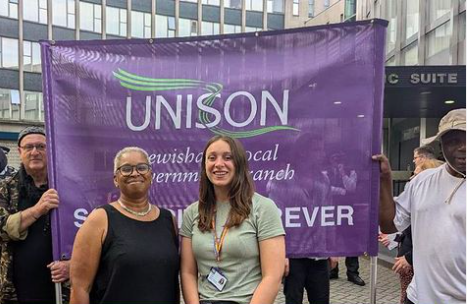
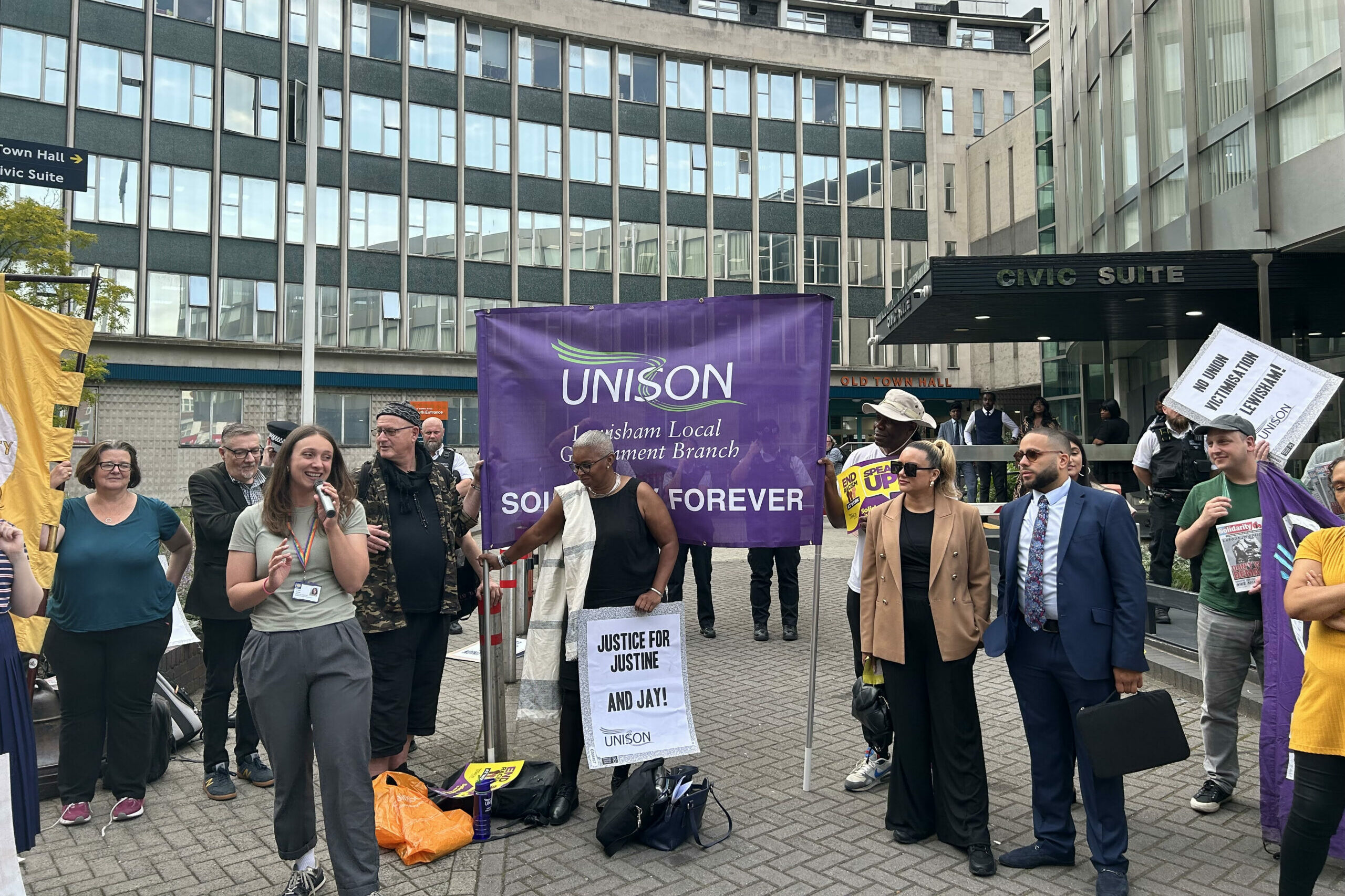
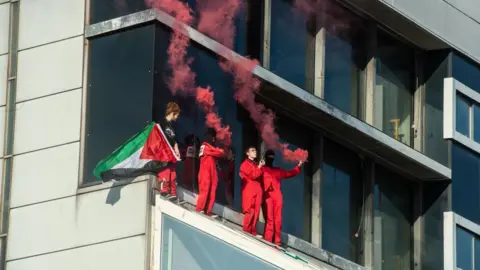 Getty Images
Getty Images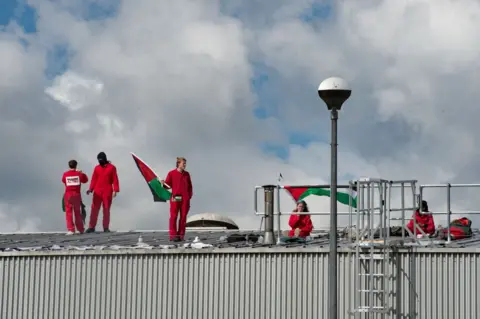 Getty Images
Getty Images
